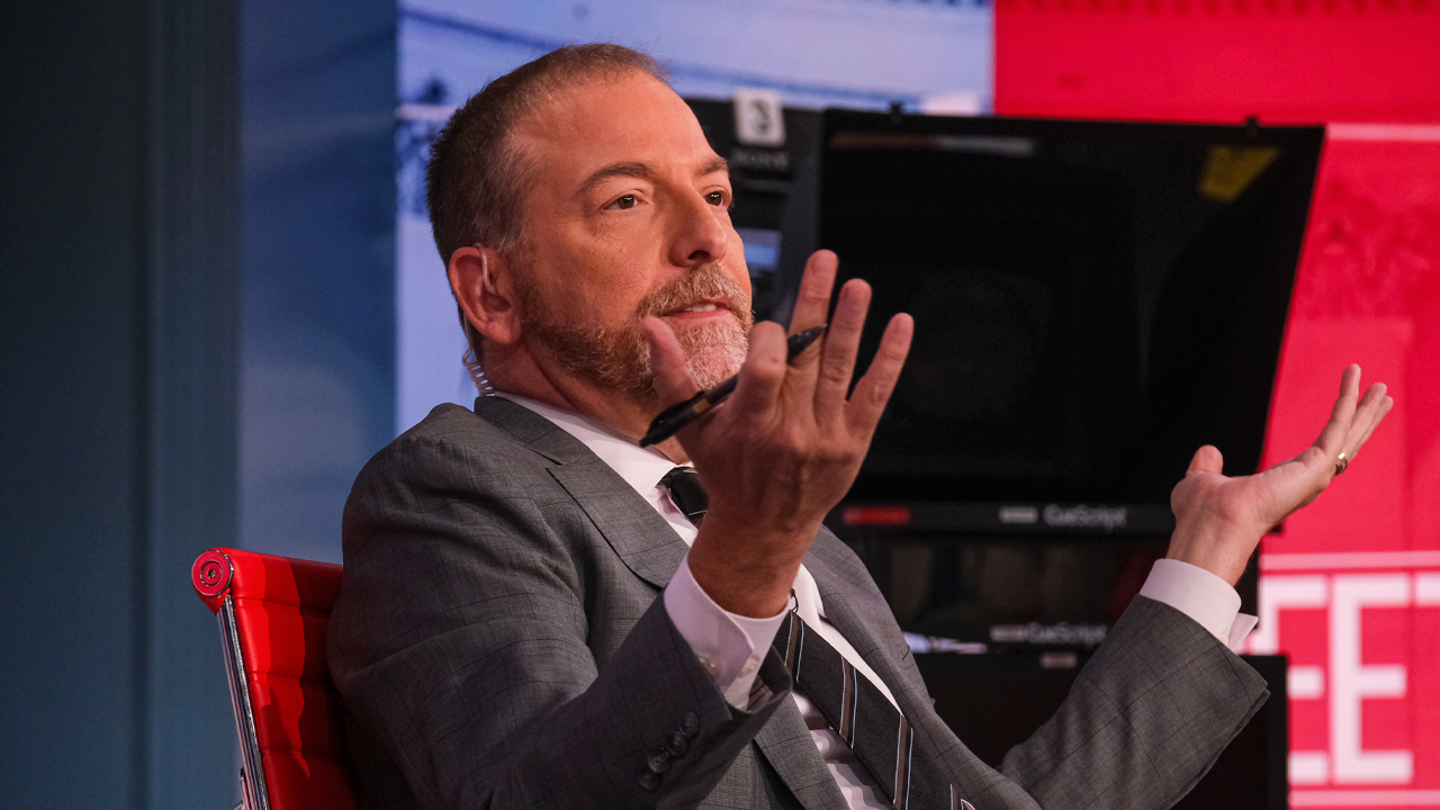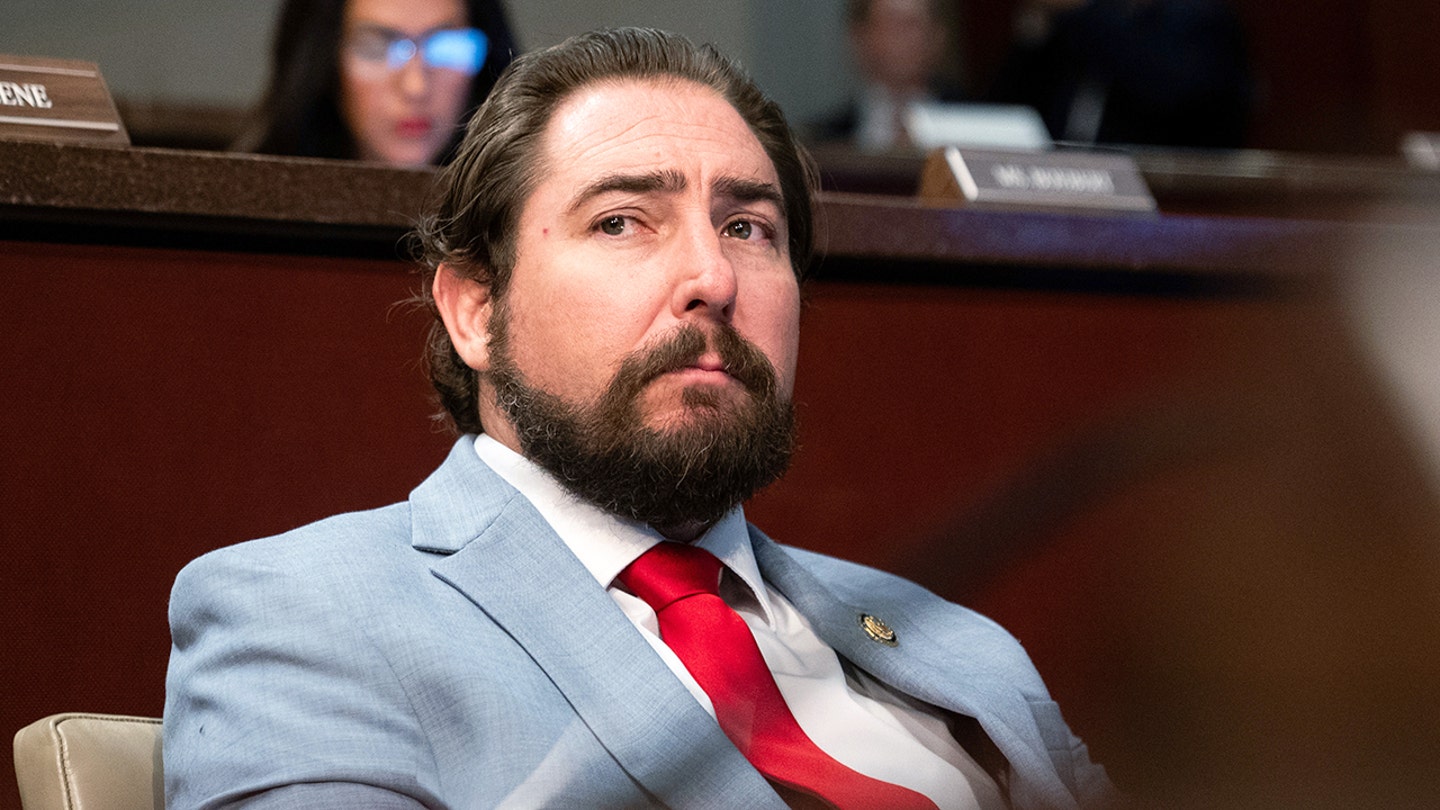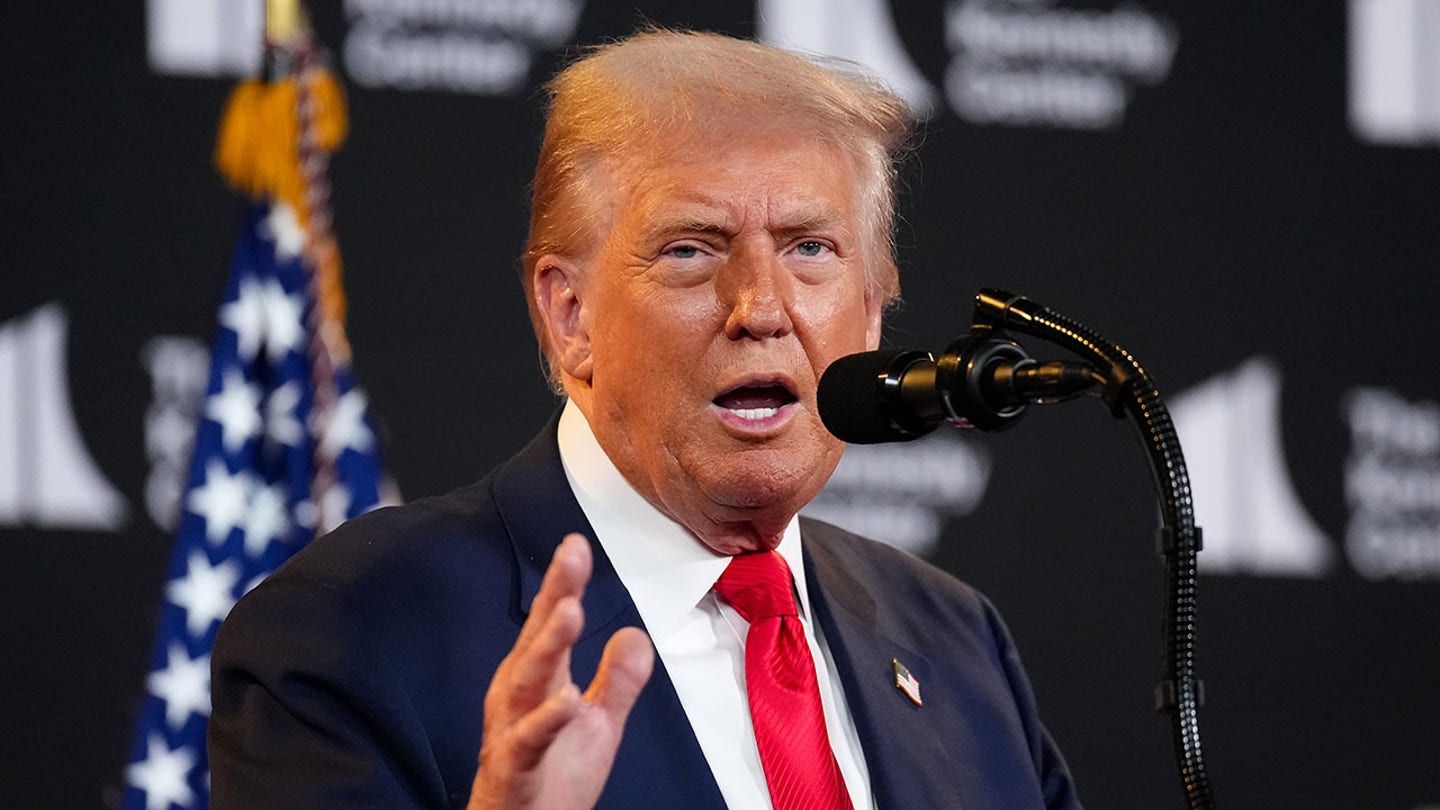Entities mentioned:
- Rep. Jamie Raskin: Justice, Righteousness, Duty
- Ghislaine Maxwell: Self-preservation, Freedom, Control
- Department of Justice: Control, Obligation, Professional pride
- Trump administration: Power, Self-preservation, Control
- Attorney General Pam Bondi: Duty, Professional pride, Loyalty
- Bureau of Prisons Director William K. Marshall III: Duty, Professional pride, Control
- Deputy Attorney General Todd Blanche: Loyalty, Power, Influence
- House Judiciary Committee: Justice, Duty, Oversight
- House Oversight Committee: Justice, Duty, Oversight
Article Assessment:
Credibility Score: 70/100
Bias Rating: 35/100 (Lean Left)
Sentiment Score: 30/100
Authoritarianism Risk: 55/100 (Mixed/Neutral)
Bias Analysis:
The article leans left, focusing on Democratic concerns and potential Trump administration wrongdoing. While it presents factual information, the framing and emphasis on Democratic perspectives suggest a left-leaning bias.
Key metric: Government Accountability and Transparency
As a social scientist, I analyze that this article highlights potential issues in the justice system and government accountability. The unusual transfer of Ghislaine Maxwell to a minimum-security prison and her meeting with a former Trump lawyer raise questions about preferential treatment and possible attempts to influence testimony. This situation could significantly impact public trust in government institutions and the fairness of the justice system. The congressional inquiry led by Rep. Raskin represents an attempt to maintain oversight and transparency, which are crucial for democratic processes. However, the implications of potential interference in legal proceedings and witness treatment could have far-reaching consequences for the integrity of the justice system and the separation of powers.











